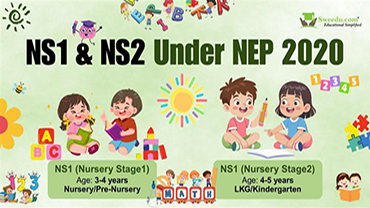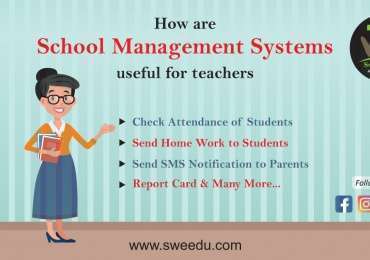
Introduction
Connecting with diverse learners is essential and inevitable for growth and inclusivity in today’s digital world. Strategic digital marketing thus helps educators and businesses to build bridges with learners from diverse backgrounds by breaking down barriers to education and forging spaces where learners feel at home. This paper seeks to analyze the means and methods employed to engage learners from varied backgrounds, emphasizing that the creation of bridges rather than walls is a requisite for the accessibility of the educational world.
Understanding Diverse Learners
Diverse learners represent a broad spectrum of people from varying backgrounds, competencies, learning styles, and disabilities in this fast-paced world. Different challenges come in the way of people-be it a culture or physical disability, each student brings a different perspective and need, demanding unique teaching approaches from educators.
Embracing Cultural Diversity
Cultural diversity enhances education by exposing the learners to different customs, languages, and perspectives. While working with culturally diverse learners, these digital marketing processes have to take into consideration inclusivity and cultural sensitivities.
Digital Marketing Strategies for Inclusivity
Inclusive digital marketing strategies foster meaningful engagement for diverse learnersneffectively. Using different building blocks prevents learners from feeling valued and unimportant in an online environment.
Accessible Content Creation
Accessibility ensures that potential learners with disabilities can engage and participate fully in online learning. Digital content should be as accessible as possible that is, it should have options of closed captions for videos, or be compatible with screen readers, for instance.
Building Bridges Through Personalization
Learning programs that cater to an individual’s needs and preferences keep the learner engaged and motivated. Educators use digital marketing to allow for the designs of their content and resources to accommodate different learning styles and abilities.
Adaptive Learning Platforms
Adaptive learning platforms create a personalized learning environment using technology to tailor content and pacing according to individual progress on the assessments. These provide learners with the freedom to pursue an education of their own choice irrespective of geography or abilities.
Fostering Community and Collaboration
Creating the sense of community is essential for nurturing inclusivity and belonging across all online training scenarios. Through digital marketing, strategies will open lines for networking and communication between learners, demolishing walls, and drawing bridges between diverse communities.
Online Discussion Forums
Online discussion forums become places where learners reflect upon course material and engage with one another in meaningful discussion. The presence of these forums helps form a sense of community and encourages active learning and peer support among diverse groups of learners.
FAQs
How can digital marketing strategies help connect with diverse learners?
Making use of digital marketing strategies such as personalized content creation and inclusive design would enable educators to reach and engage diverse learners more effectively.
What role does cultural sensitivity play in digital marketing for education?
In digital marketing for education, cultural sensitivity is needed to maintain content relevance with learners coming from diverse cultural backgrounds, promoting inclusivity and understanding.
Why is accessibility important in online learning?
Accessibility ensures that learners with disabilities can fully participate in the online learning experiences to promote equal access to education for all people.
How do adaptive learning platforms support diverse learners?
Adaptive learning systems modify content and pace of lessons with respect to individual learning requirements, giving diverse learners the opportunity to flourish at their pace.
What are some strategies for fostering community in online learning environments?
Such strategies as online discussion forums, and collaborative projects may help to build a sense of community and belonging among diverse learners.
How can digital marketing promote inclusivity in online education?
Digital marketing aims to build inclusivity in online education through content accessibility, learning experience personalization, and community-building and collaboration among learners.
Conclusion
The connecting principle is that many of these learners need to be outreached through digital marketing by way of inclusivity, accessibility, and personalization. Building such learning environments in which all learners feel valued and supported will empower their success.





